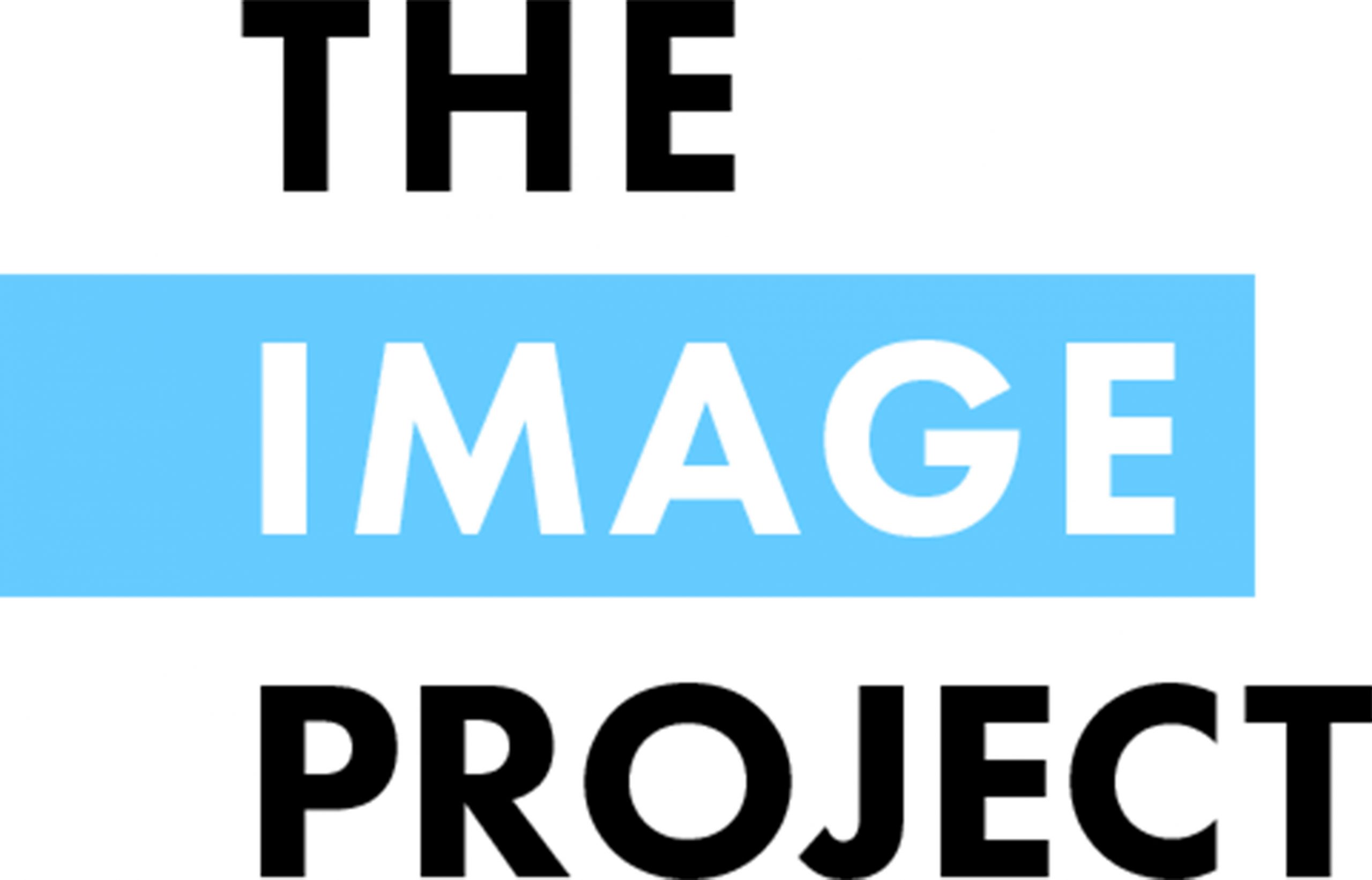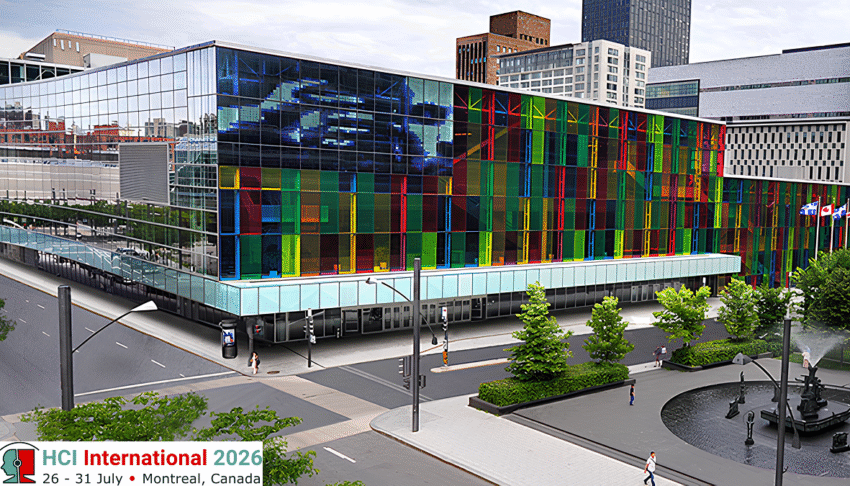Parallel Session at HCI International 2026
Organisers: Dr Marc Fabri, Leeds Beckett University and Dr Nigel Newbutt, University of Florida
Extended Abstract Submission: 20th December 2025
Notification of Acceptance: 13th January 2026
Full Paper Due: Mid-February 2026
Conference Dates: 26th – 31st July 2026
Location: Montreal Convention Centre, Montreal, Canada
Conference Website: https://2026.hci.international/duxu
Overview
This session explores how Human–Computer Interaction (HCI) research and design can advance neurodiversity inclusion in the workplace through innovative and enabling technologies. As more organisations seek to create equitable and inclusive work environments, there is a growing need for evidence-based approaches that empower neurodivergent individuals, including those who identify as autistic, dyslexic, ADHD, dyspraxic, or otherwise neurodivergent. This covers all stages of the employment lifecycle: preparation, recruitment, participation, progression, and leadership.
The session aims to bridge research and practice, showcasing innovations that demonstrate measurable impact and inclusive design excellence. Contributions are expected to reflect evidence-based best practices, propose new research frameworks, or present co-created technological solutions that enable neurodivergent people to thrive in professional environments.
Together, these contributions will advance a shared HCI-informed research agenda for equitable, sustainable, and human-centred neurodiversity employment futures.
Themes and Topics
We invite submissions that address theoretical, empirical, or applied aspects of enabling technologies and inclusive design practices. Topics of interest include, but are not limited to:
- Digital tools and platforms that enhance communication, sensory and cognitive accessibility, and self-regulation in work settings.
- AI, XR, and adaptive systems that promote personalised support and inclusive collaboration.
- Co-design and participatory approaches involving neurodivergent professionals and self-advocates.
- Technologies that foster self-advocacy, autonomy, and belonging in diverse workplace cultures.
- Inclusive hiring, onboarding, and career progression supported by digital innovations.
- Human resource management that makes best use of new technologies for inclusion and flexible working.
- Ethical and responsible technology design that respects privacy, agency, and identity.
- Case studies demonstrating collaborations between researchers, neurodivergent employees, and inclusive employers.
- Frameworks and metrics for evaluating the impact of enabling technologies on inclusion and wellbeing.
Submission Details
Authors should submit an extended abstract of up to 800 words by 20 December 2025. There are no specific formatting instructions for the extended abstract.
Please note that you require an invite to submit your manuscript to this parallel session. To request an invite, contact session co-chair Dr Marc Fabri (m.fabri@leedsbeckett.ac.uk).
Peer-review
Each submission will undergo a single-blind peer-review by at least two reviewers. Accepted authors will be notified by 13th January 2026 and invited to submit a full paper (8-12 pages) by mid-February 2026 (exact date to be confirmed). For the full paper, detailed formatting instructions will be given on acceptance of manuscript.
Attending the conference

This parallel session will be held as part of DUXU: The 15th International Conference on Design, User Experience and Usability (https://2026.hci.international/duxu). DUXU is part of HCI International, a long-running conference series, and this year’s event will be hosted in Montreal, Canada.
The parallel session will be scheduled either on the 29th, the 30th or the 31st of July 2026. Please note that one attendee registration per paper is required by the 14th of February 2026. Attendance can be in-person or virtual. For registration fees and more information, please visit https://2026.hci.international/registration.html.
After the conference – Journal opportunity
 Accepted authors will be invited to submit an extended version of their paper to a special issue on the same theme, to be published in the Journal of Enabling Technologies in 2027. Submissions will undergo a double-blind review process.
Accepted authors will be invited to submit an extended version of their paper to a special issue on the same theme, to be published in the Journal of Enabling Technologies in 2027. Submissions will undergo a double-blind review process.
The Journal of Enabling Technologies provides an international and multi-disciplinary evidence-base in health, social care, education and design on how technologies can enable disadvantaged, disabled, or otherwise marginalised groups to live full and happy lives. It has a Scopus CiteScore of 4.0 and a 5-year Impact Factor of 1.5.
A detailed timeline for special issue submissions and publication will be confirmed at the conference.

